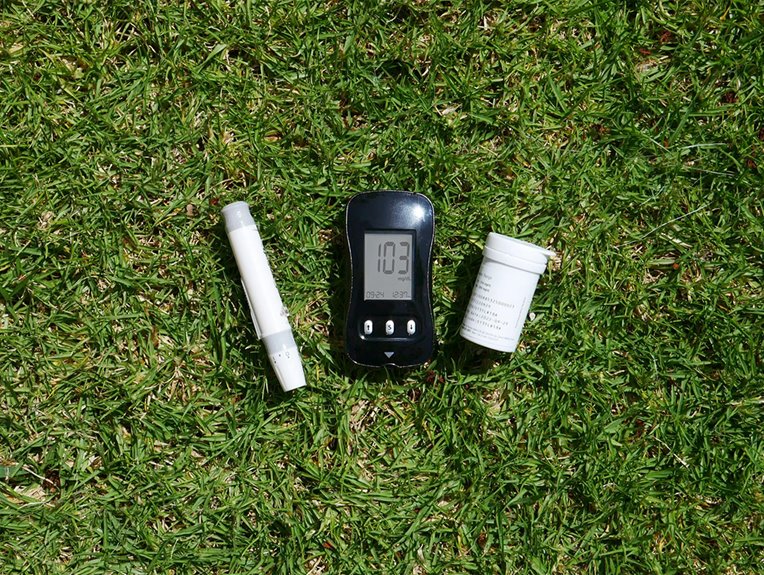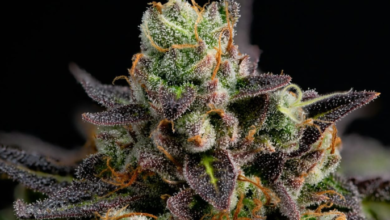
Does Cbd Increase Blood Pressure
The relationship between CBD and blood pressure is complex and often misunderstood. Preliminary research suggests that CBD may not universally elevate blood pressure. Instead, it could potentially lower it through mechanisms such as vasodilation and stress reduction. However, the evidence is still inconclusive, highlighting the need for further exploration. Understanding the implications of these findings is crucial, especially for those with pre-existing health conditions. What do these nuances mean for individuals considering CBD?
Understanding CBD and Its Mechanism of Action
Cannabidiol (CBD) is a phytocannabinoid derived from the Cannabis sativa plant, known for its potential therapeutic effects without the psychoactive properties associated with tetrahydrocannabinol (THC).
CBD interacts with cbd receptors within the endocannabinoid system, influencing various physiological processes. This interaction may promote homeostasis, suggesting a nuanced role in regulating bodily functions, which could be pivotal for individuals seeking non-psychoactive interventions for health concerns.
Research Findings on CBD and Blood Pressure
While the relationship between CBD and blood pressure remains under investigation, preliminary research indicates that CBD may have a potential role in modulating blood pressure levels.
Studies suggest that CBD effects might lead to vasodilation and reduced stress, potentially lowering blood pressure.
However, the evidence is not yet definitive, necessitating further exploration to clarify CBD's impact on blood pressure regulation.
Common Misconceptions About CBD and Cardiovascular Health
Understanding the relationship between CBD and cardiovascular health is often clouded by misconceptions.
Many CBD myths suggest that it universally raises blood pressure or negatively impacts heart function.
In reality, evidence indicates that CBD may have a neutral or beneficial effect on cardiovascular health.
These cardiovascular misconceptions can mislead consumers, emphasizing the need for informed discussion around CBD's potential implications for heart wellness.
Recommendations for Using CBD Safely and Effectively
To ensure the safe and effective use of CBD, individuals should consider several key recommendations grounded in current research.
Adhering to dosage guidelines is crucial, as excessive amounts may lead to potential side effects such as dizziness or gastrointestinal discomfort.
Consulting with healthcare professionals can further enhance safety, particularly for those with pre-existing conditions or concurrent medications, promoting a responsible and informed approach to CBD usage.
Conclusion
In the labyrinthine landscape of cardiovascular research, CBD emerges as a complex figure, not the villain often portrayed. While preliminary studies hint at its potential to lower blood pressure through mechanisms such as vasodilation, the evidence remains a tapestry of inconclusive threads. As the scientific community continues to unravel these intricacies, individuals are advised to tread cautiously, consulting healthcare professionals before embarking on their journey with CBD, ensuring both safety and efficacy along the way.






